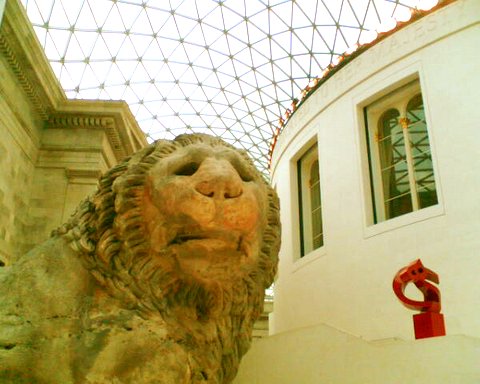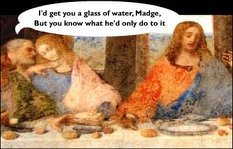“[Viv’s] nicknames were ‘the spine’ and ‘crime’. I don’t know where the first came from, but the latter predicated on his ability to spend all day in the pub, and always with discretion navigate his turn to buy a drink. ‘Crime doesn’t pay.’ But none of us cared because his company was worth the price. Viv was into literature, Keats and Beaudelaire, and turned me on to both these great poets. Plus the funniest book I’ve ever read, the great A Rebours, is one of the two novels Marwood shoves into his suitcase at the end of the film.”
Bruce Robinson, Introduction to Withnail and I – the screenplay, p. viii.
A Rebours (or, “Against Nature” as it’s published in English) is a hugely self-indulgent French decadent novel first published in 1884. It influenced the fin de siecle of Oscar Wilde, and is referred to in A Picture of Dorian Gray as “the strangest book he had ever read”. It remained something of a cult hit ever after, and was especially cool in the 1960s. The introduction to the Penguin Classics edition cites Marianne Faithfull’s autobiography where she’d ask her dates if they’d read A Rebours.“And if he said yes you’d fuck.”
Marianne Faithfull, Faithfull, p.100, cited in ‘Introduction’ by Patrick McGuinness, Joris-Karl Huysmans, Against nature (a rebours), p. xv.
After a life of sex, drugs and rock and roll that eats up too much of his inheritance, the aristocratic Des Esseintes retires to a small house and solitary life of thought and indulgence. We glimpse his put-upon servants, cabbie and doctor, and there are fleeting accounts of his exes and parents, but mostly it’s Des Esseintes’s views on life, subject by subject.A chapter will list, for example, his heroes and villains of prose, while another might address poetry, the classics, music, perfume, painting, religion… The general opinion is that anything other people like is rubbish. His former favourites can be ruined just by their becoming popular.
I knew a bloke once who railed against the sheep at university who all had the same Oasis album on their shelves, next to their identical Tarantino posters. But there’s a balance to be struck between a sneery snobbishness against anything just because it’s popular and a desire to find new stuff, new perspectives, which challenge the conventional.
Des Esseintes’s wants to flout fashion and taste, and spends his time being willfully difficult. McGuinness points out that a more literal English translation of the title is “stubbornly against the tide” – in exactly the way that King Canute wasn’t.
Des Esseintes is not a character you’d want to emulate – weedy, sickly, cynical and silly – though that’s exactly what Withnail is doing. That said, the book’s often very funny. The absurd jewel-encrusting of a turtle, or an excitable trip out of town that doesn’t quite work out, are both reminiscent of the dour tomfoolery of the film.
It’s a bitter attack on the plebeian hideousness of life. It’s wild, free-wheeling, rude and very strange. Funny, yes, but funny peculiar.
Off to see my auntie now, in a quiet backwater of France (though – hooray for the Internet! - there’s a detailed site about the river valley in question). Back Wednesday.











